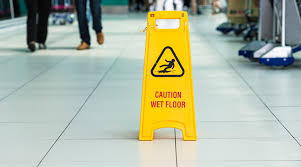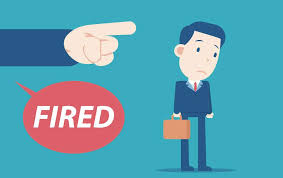
Just about everyone wants to retire at some point. When you read a story about someone working in their 70’s or 80’s, it is not a good thing unless they are working by choice and not by need.
A lot of jobs come with pensions or other retirement benefits. So teachers, many union workers, state employees, etc. will have a set date they can retire and receive continuing compensation. You don’t have to retire at that time, but can and most do. As a result, it is common for many workers to schedule their retirement, often many months in advance.
But what happens when you have a retirement planned and then you sustain a work related injury?
First off, with respect to whether or not you will accrue enough time to still retire if you are off work due to an injury, that is a company specific question.
We can answer questions about your work comp benefits. Here are some important things to know.
- Whether you retire or not, you can still have all of your medical bills paid for as relates to the work injury. So if you are hurt in October and planning to retire December 31, you can continue to get medical care paid for by workers’ compensation after your retirement date.
- If you are completely authorized off any work by a doctor, you will continue to get TTD benefits, even after your retirement date. This means your doctor says no work at all.
- If you have the ability to work but with restrictions, even if significant ones, getting TTD after the retirement date will be a challenge. Your employer can say that had you not retired, they would have work for you. And they will say this even if it is not true.
- You can still get a settlement if you retire.
- The settlement could be reduced by tens or hundreds of thousands of dollars if you have a major injury. That is because you would not be able to likely make a wage differential claim because once again your employer can state that they would have made some work for you. So a case that could have been worth $400,000 could suddenly be worth $75,000.
So if you do have a major injury and were planning on retiring, some thought needs to be put into your next steps. I would not do this without consulting an attorney first (you can call us for free at 312-346-5578) but it might be wise to try and rescind your retirement paperwork..
That does not mean that you will not retire soon. It just means that you should hold off doing so until your work comp case is resolved or we have an indication that you will make a complete and full recovery with no need for work restrictions.
In my experience, the farther out your retirement is, the easier it is to get the company to agree to the reversal. That said, it is often at their discretion unless your union can dictate how this can happen.
The bottom line is that a retirement does not take away your work comp rights, but it could limit them if it is not reversed. But doing so can have huge financial advantages for you when it comes to what your work comp case can ultimately be worth. So exploring it is a must if you have anything beyond a superficial injury. If you’d like a free case review so you can make an educated decision, please reach out any time.










